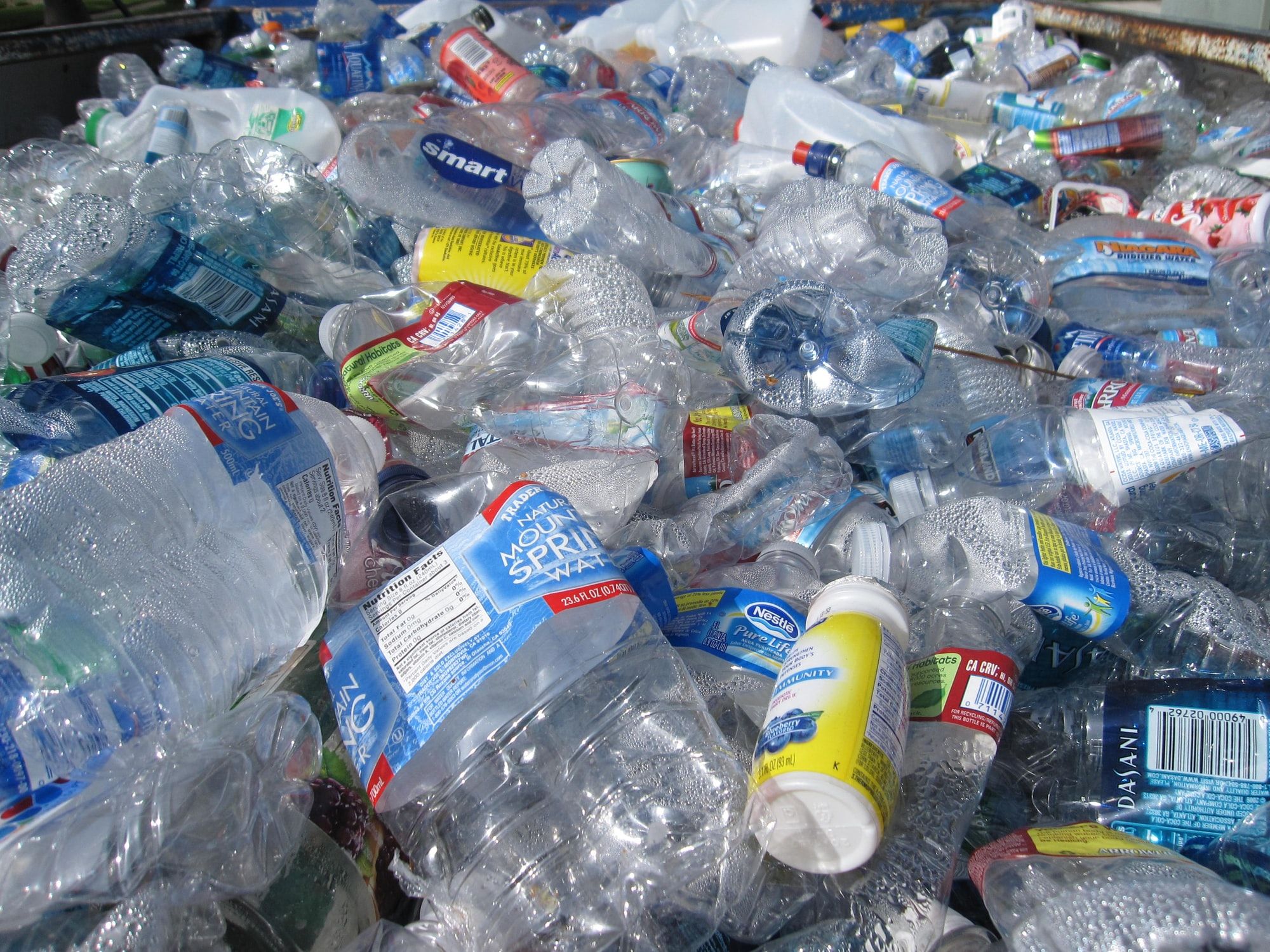
♻️ Super-enzyme eats plastic
Researchers have created a superenzyme that breaks down plastic in just a couple of hours and prepares it for recycling.
Share this story!
Researchers from the UK have created an enzyme that shortens the time it takes for plastic to break down. The new "super-enzyme" is a combination of different enzymes found in bacteria. This new "super-enzyme" has the ability to break down plastic in just a few hours instead of weeks.
This new discovery provides good opportunities to take a major step forward in the near future in the fight against plastic pollution. According to Smithsonian Magazine , one of the reasons the earth is flooded with plastic is that the material is almost impossible to recycle and then transform into a useful new product. Only 8.4 percent of all the world's plastic is recycled in today's society. There is now an opportunity to change this thanks to John McGeehan, a biochemist at Portsmouth University and a leading researcher in the study, and his team.
In 2016, Japanese researchers discovered a bacterium that breaks down plastic. The bacterium "eats" the plastic and in the process the polymers, the building blocks of the plastic, break apart. This made it possible to recycle the polyethylene terephthalate (best known as PET plastic). Two years later, McGeehan created a better version of this phenomenon - completely by mistake.
This year, the Good News Network wrote an article about another breakthrough. This time at the University of Toulouse. An enzyme detected in rotting leaves was also found to be able to break down the polymers from the PET plastic in a short time. It took 10 hours at a temperature of 70 ℃.
Now McGeehan has had another breakthrough in the research field. His team designed an "enzyme blend" that breaks down plastic three times as fast, while retaining the polymers that make them recyclable. The "enzyme mixture" consists of two combined enzymes - PETase (the original enzyme from the Japanese discovery) and MHETase (another enzyme that breaks down plastic) - as well as a base material that is ready to be recycled.
In a statement , McGeenhan said
- Our first experiments showed that they really work better together, so we decided to physically link them, which two Pac men joined with a thread. It took a lot of work on both sides of the Atlantic, but it was well worth the effort - we were very pleased to see that our new chimeric enzyme is up to three times faster than the naturally developed separate enzymes, opening new avenues for further improvement.
As a result of these new discoveries and research results, we now have opportunities like never before. Hopefully, there will be a big boost in recycling soon. Both of plastics that are already in circulation and the plastic waste that is collected in the sea and watercourses. Thanks to the researchers' discoveries, the future looks a little brighter…
By becoming a premium supporter, you help in the creation and sharing of fact-based optimistic news all over the world.


